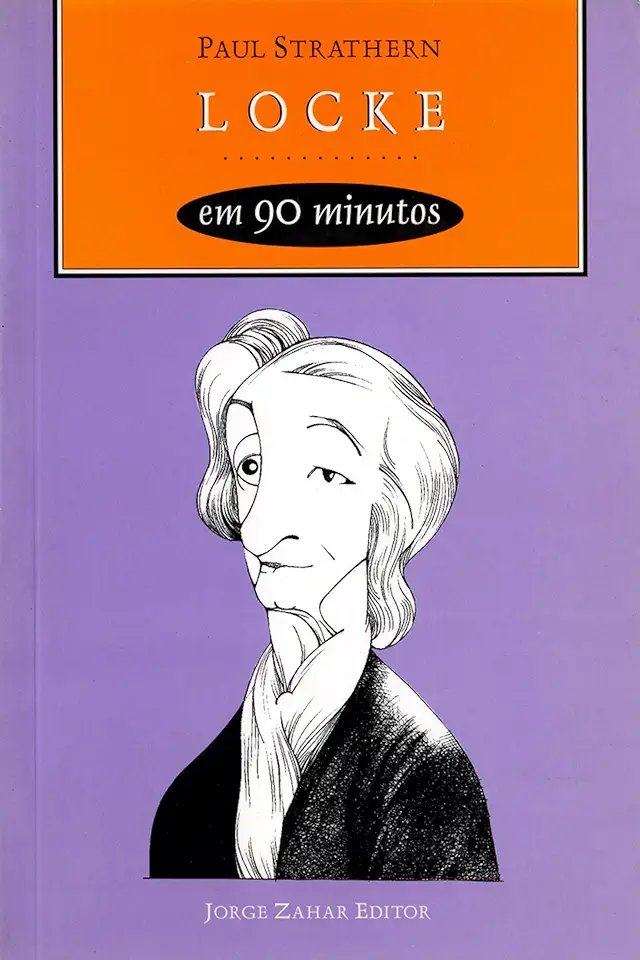
Locke in 90 Minutes - Paul Strathern
Locke in 90 Minutes: A Comprehensive Guide to the Life and Philosophy of John Locke
Introduction
John Locke is widely regarded as one of the most influential philosophers of all time. His ideas on government, liberty, and human nature have shaped the course of Western thought and continue to be debated and discussed today. In this comprehensive guide, Paul Strathern provides a concise and accessible introduction to Locke's life and philosophy, making it an ideal resource for students, scholars, and anyone interested in the history of ideas.
Locke's Life and Times
John Locke was born in 1632 in Wrington, England. He studied at Oxford University, where he was exposed to the latest ideas in philosophy and science. After graduating, he worked as a physician and tutor before becoming involved in politics. He was a vocal critic of the absolute monarchy of King James II and was forced to flee to the Netherlands in 1683. While in exile, he wrote his most famous works, including the Two Treatises of Government and An Essay Concerning Human Understanding. After the Glorious Revolution of 1688, Locke returned to England and continued to write and publish his ideas until his death in 1704.
Locke's Philosophy
Locke's philosophy is based on the idea that all knowledge is derived from experience. He argued that we are born with a "blank slate" (tabula rasa) and that our minds are filled with ideas through our senses. These ideas can be simple, such as the idea of a red apple, or complex, such as the idea of justice. Locke also believed that we have the ability to reason about our ideas and to form judgments about the world around us.
Locke's Political Philosophy
Locke's political philosophy is based on the idea that all human beings are born with certain natural rights, including the rights to life, liberty, and property. He argued that governments are instituted to protect these rights and that they derive their legitimacy from the consent of the governed. Locke also believed that the government should be limited in its power and that the people have the right to overthrow a government that fails to protect their rights.
Locke's Influence
Locke's philosophy has had a profound influence on Western thought. His ideas on government, liberty, and human nature have been adopted by many countries around the world and have shaped the development of modern democracy. Locke is also considered one of the founders of modern empiricism, and his ideas have influenced the development of psychology, economics, and other fields of study.
Conclusion
John Locke was a brilliant philosopher whose ideas have had a profound impact on Western thought. His work is essential reading for anyone interested in the history of ideas and the development of modern society. In this comprehensive guide, Paul Strathern provides a concise and accessible introduction to Locke's life and philosophy, making it an ideal resource for students, scholars, and anyone interested in the history of ideas.